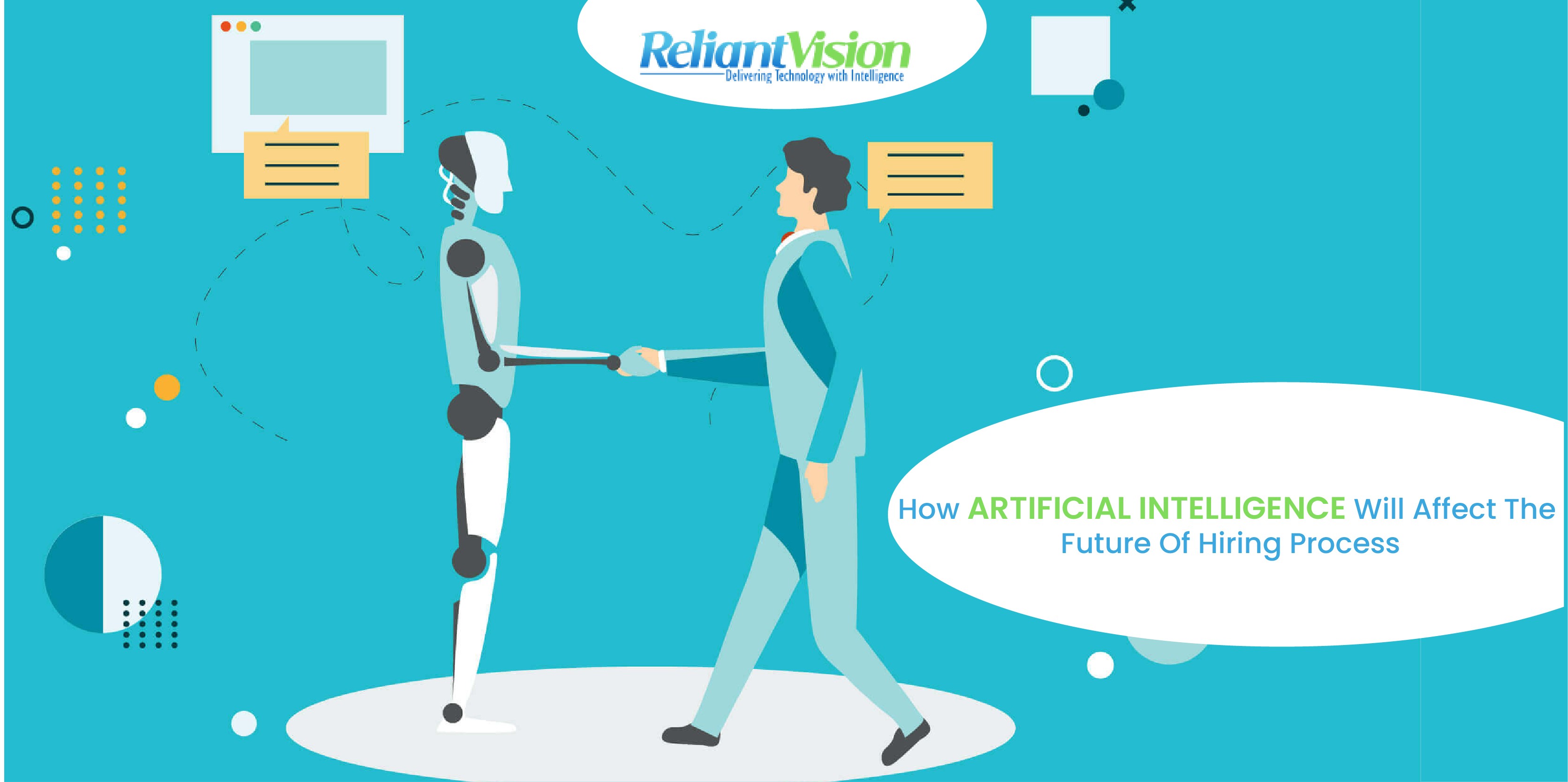Artificial intelligence, also known as AI, seems to be on everyone’s lips these days. While human resource managers have been aware of this major trend in tech development. AI is appearing as one of the most in-demand areas of expertise for recruiters or companies looking for best candidates.
There has been an AI for every step in the recruitment process. For instance use machine learning to help hiring managers optimize job descriptions. Because of recommendations of their algorithms Facebook, LinkedIn and ZipRecruiter target job posts for likely candidates.
Tech companies are also providing IA-powered psychological evaluations with features such as stability, generosity, and fairness. Artificial intelligence is already playing a major role in the hiring process, so much so that an automated applicant tracking system or ATS rejects up to 75% of resumes before they even reach the recruiting managers.
How AI is revolutionizing the staffing Industry – An overviewThe staffing industry is experiencing a transformation that has never been seen before. Almost all Fortune 500 companies are using some form of automation in one or the other way.
According to a Deloitte study, 33 percent of respondents said they were using AI to streamline the recruiting process, saving time and reducing the likelihood of human bias. By introducing AI functionality into applicant tracking system (ATS) software, recruiting processes can be speeded up without sacrificing quality.In the staffing sector, there are many advantages of introducing AI on a broader scale. Some of these benefits include-
- Time saving
For an enterprise, time is one of the most precious commodities and AI is helping in saving time. Huge volumes of data can be processed and evaluated in a matter of seconds using AI-powered software, and the findings can then be tested or studied by the recruiters.
- Helping in making unbiased decisions
Human decisions are always questionable due to some biases either consciously or unconsciously. Due to this, the final decision made during the recruitment process may be unfair. AI solves this problem by selecting only those candidates whose skills match with the job requirement – helping both the candidate and the organization.
- Posting job advertisements
AI software are capable of analyzing large amounts of data from the candidates search histories and post targeted ads. These ads will receive more responses that are appropriate and most interested candidates will be motivated to apply.
- Interview process
Once the recruitment process begins, AI-powered chatbots play a crucial role. Chatbots can speak to the candidates, answer their basic questions and queries and fill in the gaps in the resumes. The emergence of advanced bots that can study the behavior of the candidate by using Natural Language Processing (NLP) and assessing if a candidate possesses the desired skills has brought in a revolution of sorts in simplifying the interview processes.
To make optimum use of AI in recruitment, it is essential to have the right tools in the hands of the recruiting managers that will come handy across the different stages of the recruitment lifecycle such as job posting and candidate sourcing, candidate screening, candidate assessment, interview process thereby resulting in offer management and on-boarding.
The future of hiring process in combination of IoT – Summary
In addition to revolutionizing the hiring process, AI, combined with Internet of Things or IoT, can also help improve job satisfaction and retaining valuable talent. With AI’s almost limitless ability, the staffing industry has the potential to skyrocket and expand exponentially in the years ahead. Finally, it can said that AI is a great enabler and Artificial Intelligence coupled with IoT is the future of hiring process.



























